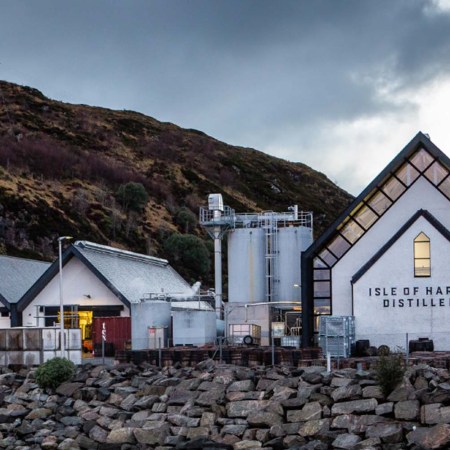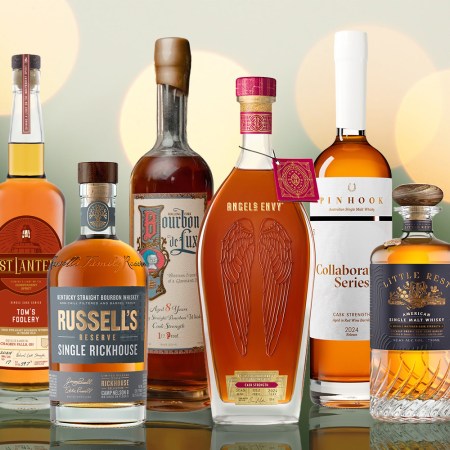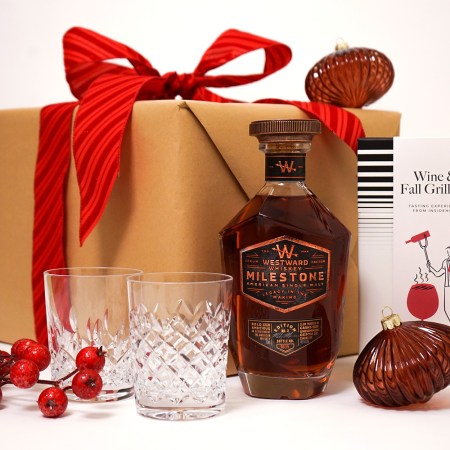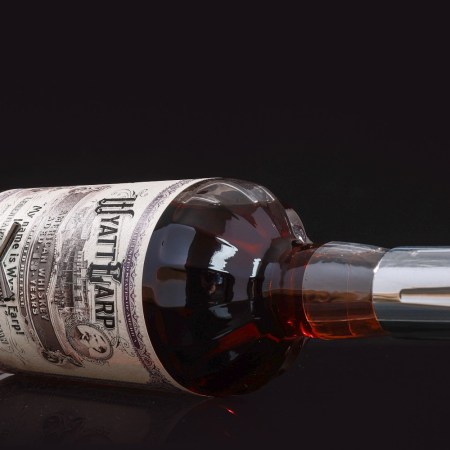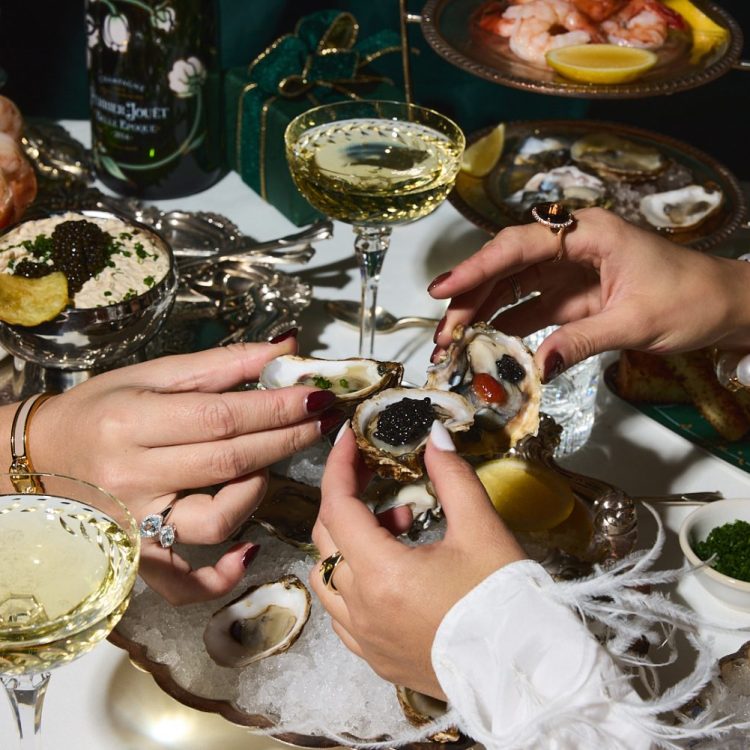Welcome to Distilled, InsideHook’s deep dive into the spirits world. Drink up.
Things that get better with age:
Women. Leather. Dad jokes.
Things that don’t:
Milk. Hangovers. Hairlines.
Now, where does whisky fall?
In an experiment we’re unofficially calling “Why not?”, we joined up with the artisanal spirits gurus at Caskers to answer the following question:
Can non-age statement whiskies go the distance with their aged counterparts?
Our mission took us to Caskers HQ in downtown NYC, where we tried single malt Scotches from the likes of Aberlour, The Glenlivet, Talisker, Oban and Ardbeg.
The first group came with an age statement: whisky aged in oak barrels, with the number (10, 14, 15, etc.) reflecting the age of the youngest whisky used to produce that particular product.
The others bore no age statement: in those, the distillers are targeting a flavor, rather than a barrel age.
The results are here.
Disagree?
Hey, it’s a fun argument. Try it yourself.
Nota bene: Caskers has access to one of our favorite non-age statement whiskies — The Glenlivet Founder’s Reserve Single Malt Scotch Whisky — a few weeks before rest of the country. You can order it here.
Related:
Cocktail Quarterly Vol. IX: In Praise of the Hotel Bar
NitroBrew: A Beer and Cocktail Game-Changer
Join America's Fastest Growing Spirits Newsletter THE SPILL. Unlock all the reviews, recipes and revelry — and get 15% off award-winning La Tierra de Acre Mezcal.
